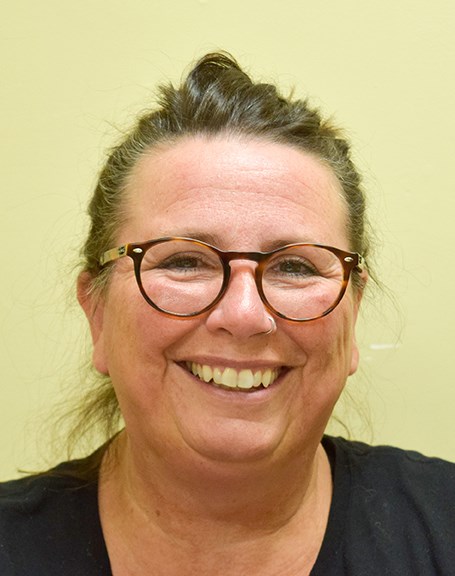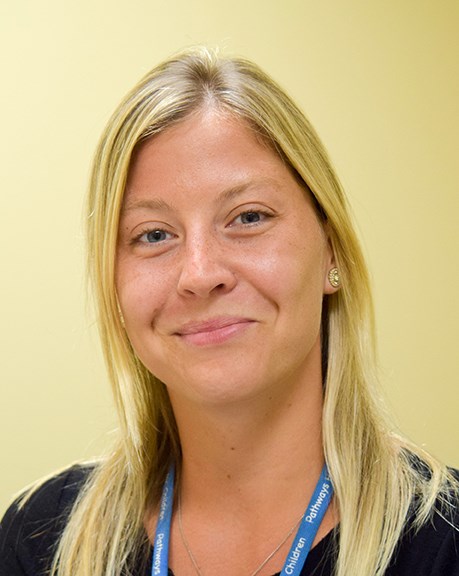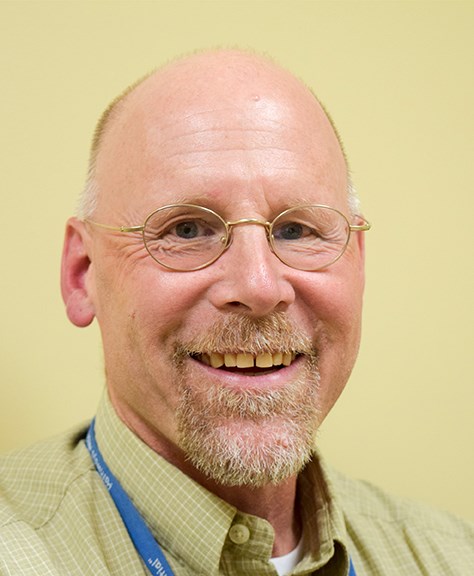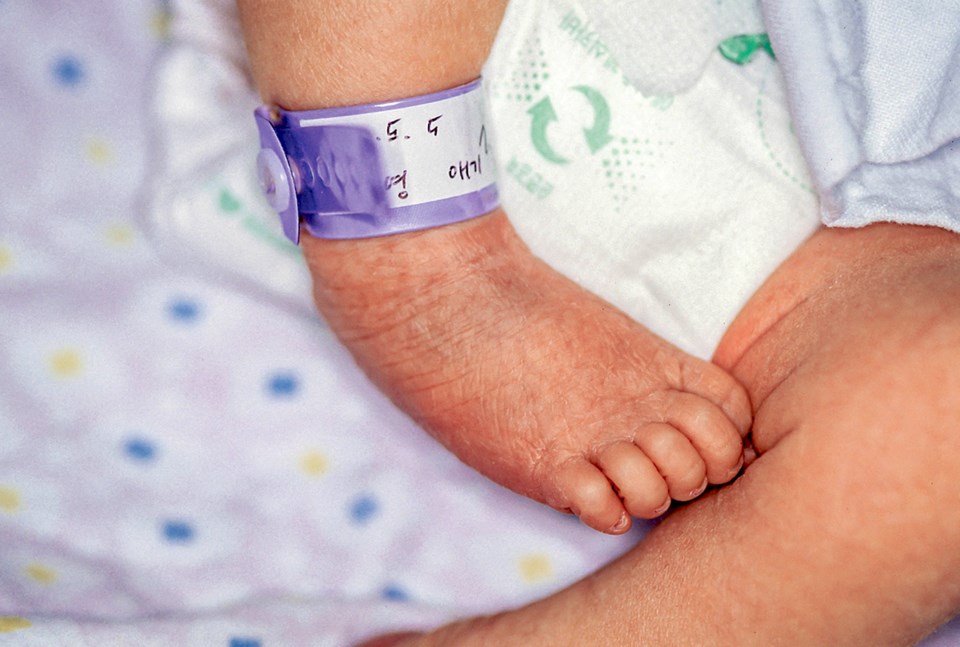Cathy Dobson
Michelle Lariviere says she’d do it all over again — raise four children with Fetal Alcohol Spectrum Disorder – despite the heartache.
“People ask me, would we do things differently. No, we wouldn’t,” she says, speaking as well for husband Paul.
The Larivieres adopted six children, four with varying physical, emotional and cognitive challenges caused by their biological mothers drinking alcohol during pregnancy. No amount of alcohol use during pregnancy is safe.

“You walk through so many dark days but there is light,” said Lariviere. “I feel badly when I see them struggling.
“For me, each child we have is so sweet, so loving, so caring, but they have everything going against them.”
Fetal Alcohol Spectrum Disorder (FASD) effects 4% of Canada’s population, or 1.4 million people.
No two people with FASD have the same challenges and only 10% have obvious facial indicators, such as small eyes, a thin upper lip and smooth skin below the nose.
More often the disorder is identified because of troubled brain function that impacts academic achievement, motor skills, language, memory, thinking, and reasoning.
The Larivieres didn’t set out to adopt children with the disorder.
They adopted their first child while living in Sarnia. Their oldest does not have it.
“Then we moved to Alberta and wanted to adopt again,” she said. “My husband is part native, so we contacted First Nations.” Their second child does not have FASD.
When the biological mother of their second child gave birth, the baby was addicted to cocaine.
“The thinking at the time was that it is best to keep siblings together, so they asked if we’d take her,” Lariviere explained. “She never slept and her speech was delayed.”
That child was diagnosed with FASD at age 3.
After their third adoption, the couple took training for advanced foster care so they were equipped to handle kids with high needs.
“My husband and I went into it 100%,” she said. “We love these kids.”
Their fourth adopted child was born to a mother who went into labour while drunk.
“It was an emergency placement. He came to us at nine hours old. He was the absolute cutest thing.”
But again sleep didn’t come easily for the baby. He had the shakes and suffered diarrhea.
That same mother gave birth again and, when that child was 3, the Larivieres were asked to take her as well.
Their sixth adoption was a half sibling of the last two and had been placed in 11 foster homes by the time the Larivieres got him at age 8, magnifying the emotional effects of FASD.
“We had a good support system in Alberta. We received respite. There were amazing schools designed for FASD,” said Lariviere.
However, the couple later moved back to Ontario and settled in Corunna, only to find that Sarnia-Lambton has almost no support system.
“Ontario is in the stone ages compared to what is available and what people know about it in Alberta,” said Lariviere.
But change may be coming.
Ontario is the last province to get on board with a strategic plan to deal with FASD. Two years ago, limited

funding began to flow, enough for Sarnia’s Pathways Health Centre for Children to hire Amber Arnold, a full-time family resource worker.
With the help of provincial grants, Arnold has started education and awareness training for parents, caregivers and professionals. She is working with 12 families living with FASD and in contact with another two dozen.
Arnold encourages FASD families to contact Pathways at 519-3471, ext. 304, and “like” the Pathways FASD Resource Hub page on Facebook for updates on educational and networking events.
On Sept. 9, International Fetal Alcohol Spectrum Disorder Day will be recognized in Sarnia, and on Sept. 18 a dinner is planned with speakers including two with FASD and a caregiver.
Dave Schaller, manager of community services at Pathways, says a new FASD parent support group is being established.

“A good, vibrant support group can make great things happen,” he said. “It really takes a community to raise these children and support the families.”
The effects of FASD don’t go away. They last a lifetime.
Michelle and Paul Lariviere’s children are now ages 18-26. The ones with FASD are coping with adulthood with various levels of success.
Only one remains with the couple.
“It’s encouraging to see things are changing in Sarnia-Lambton,” Lariviere said. “Having awareness is better than nothing.”
For more information, visit www.fasdon.ca or www.canfasd.ca.
